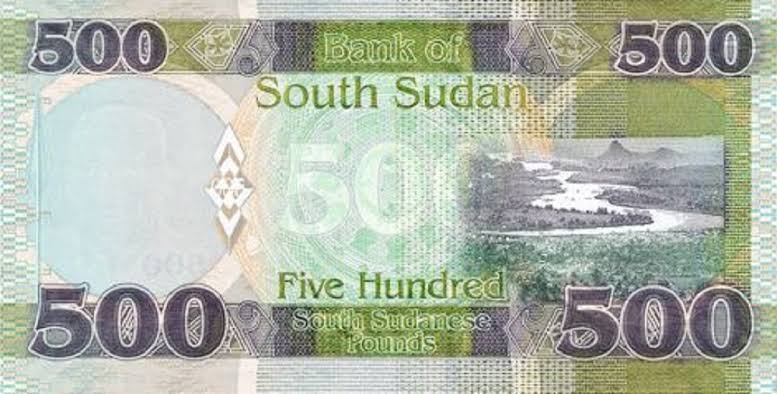South Sudan’s government has stopped the use of the US dollar and has instead ordered all transactions to be conducted in the local currency, the South Sudanese pound (SSP).
Most transactions in the country are settled in US dollars, mainly due to hyperinflation and local currency volatility.
However, the Bank of South Sudan banned the use of US currency and ordered all commercial contracts to be signed and paid for in local currency.

“That is a clear directive from the Central Bank that all the transactions in South Sudan must be done in our currency. So all commercial contracts must be signed in our local currency,” Michael Makuei Lueth, South Sudanese Information minister, said through the Chinese state-run English-language news channel CGTN.
Also, read; Burna Boy, Tems, Rema to Headline 2023 NBA all-star Weekend
The Bank of South Sudan’s latest directive deals a severe blow to importers, hotels, restaurants, travel and tour operators and regional banking operations such as KCB, Equity, Stanbic and Co-operative, which are struggling to survive in a troubled economy driven by hyperinflation and political instability.
The South Sudanese pound policy is one of the measures recommended by a committee set up by President Salva Kiir to deal with the country’s economic crisis.
The seven-year civil war that ended in 2020 has severely affected the country’s economy with the collapse of oil production in conflict zones.

South Sudan is the top oil producer in the East African region, but its near-total dependence on oil has made that resource a bane.
Given the fees and obligations to oil companies, producing 170,000 barrels per day means the country only earns about 50,000 barrels of oil per day, most of which is used for upfront payments or contractual obligations.
